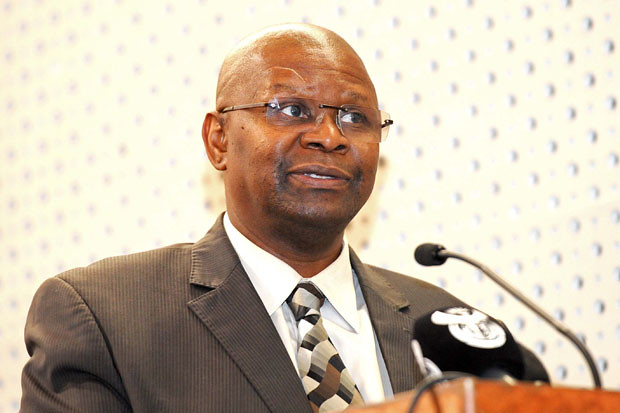LOLO MAPHOPHE
THE Portfolio Committee on Cooperative Governance and Traditional Affairs (COGTA) questioned the high number of Section 139 interventions in municipalities and their effectiveness in a meeting held earlier this week.
Committee chairperson Faith Muthambi said it was clear that there are serious problems in the application of interventions, and these have long term effects.
She also questioned the costs of putting a municipality under administration, which often add to the financial difficulties.
The committee met with the South African Local Government Association “to discuss concepts of putting struggling municipalities under administration through Section 139 of the Constitution and other related laws.”
Consequently, the Committee proposed that placing struggling municipalities under administration through Section 139 of the Constitution should be the last resort and that provinces must act early through monitoring and support.
According to Committee members, “there was no evidence that the interventions produced the required results. Some municipalities are said to have gone back to their problem or even worse when the administration was lifted.”
The Committee heard that during the financial year 2019/2020, 46 municipalities across the country were subjected to the interventions, with some municipalities being placed under administration more than once.
The Department was advised to use the Auditor-General’s report as a warning instead of waiting for a municipality to get to a state of total collapse. In his report on municipalities, the Auditor General cautioned that the administrative and governance lapses in municipalities “make for a very weak accountability and consequent exposure to abuse of the public purse”
Section 139 of the Constitution is applied when a provincial government intervenes after assessing and concluding that a municipality did not fulfil an executive obligation in terms of the Constitution and the executive obligation.
Both the department and SALGA agreed with the committee that the interventions have not been impactful and attributed the failure of the mechanisms to various factors, including leadership problems and political infighting.
In response, SALGA informed the Committee that the interventions’ failure to implement clear plans to achieve these objectives, “which is to restore good governance and sound financial management, but for political expediency.”
The Committee also heard that several municipalities were resorting to taking the interventions to court and, while the matter was fought in court, service delivery suffers.
COGTA Deputy Minister Obed Bapela said through the proposed Intergovernmental, Monitoring and Evaluation Legislation the department will be able to build better systems to sustain the local government.
The committee has resolved to summon all provincial MECs for local government where there are municipalities under administration for further deliberations on the matter. COGTA has also been instructed to submit to the committee a detailed report outlining the role played by the department to help struggling municipalities.
(COMPILED BY INSIDE METROS STAFF)

